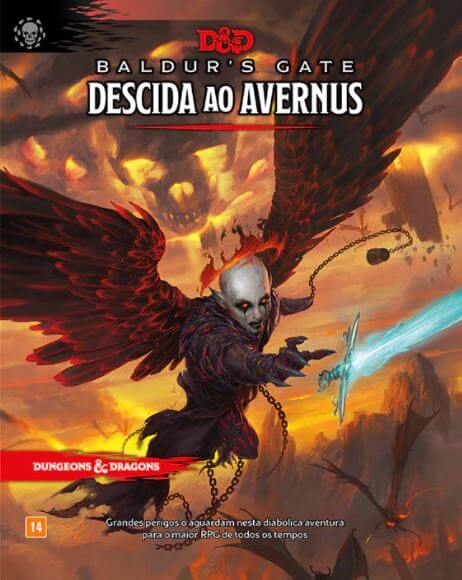
Food Chain Magnate: Special Edition
Food Chain Magnate: Special Edition brings a renewed experience to the acclaimed strategic restaurant management game. This edition features new graphic and visual elements, as well as miniatures that enrich the immersion in the game. A new milestone tracker makes it easier to follow players' progress, while a practical storage system optimizes the organization of the components in the box. This version has been created as a limited edition and will not be available at retail, thus guaranteeing an exclusive item for collectors. It includes the base game and the expansion Food Chain Magnate: The Ketchup Mechanism & Other Ideas, offering expanded gameplay and new strategies for game lovers.Artists: Snow Conrad; Sarah Kelly
Designers: Jeroen Doumen; Joris Wiersinga
Date: 2024
Note: 6.1
Mechanics: Open Buy, Future Purchase, Market, Victory Points as a Resource, Income, Simultaneous Action Selection, Modular tray
Topics: Economy / Production
Table of Contents
- How to Play
- Tips for playing
- Game mechanics
- Game components
- Additional Information
OBJECTIVE OF THE GAME
Tips for playing
Here are some tips for doing better in the game Food Chain Magnate: Special Edition:
- Prioritize hiring employees who offer better long-term benefits.
- Manage your cash flow carefully to avoid running out of money at critical times.
- Expansion on the board is essential, but don't neglect the optimization of existing resources.
- Constantly monitor your opponents' actions and anticipate their strategies.
- Update your staff regularly to maximize efficiency and adaptability.
- Invest in marketing early to create demand in specific areas and direct customers to your products.
- Balance production with demand to avoid wasted resources and missed opportunities.
- Analyze the board and adapt your strategy according to the configuration and initial positioning.
- Diversify your product offerings to capture different market segments.
- Use Coca-Cola strategically to create a brand culture and build potential customer loyalty.
Video about the game
GAME mechanics
- Open Buy: Players have access to a common employee card market. During their turn, they can recruit new employees for their companies from this open market, allowing all players the same opportunity to acquire valuable cards depending on their strategy.
- Future Purchase: In Food Chain Magnate, players can plan their future by recruiting employees who will be useful in later rounds. This requires strategic planning, as certain cards may become more relevant as the game progresses.
- Deck building: Players build their "working hands" by hiring employees. The hierarchical organization of cards, including managers and workers, allows for the simultaneous execution of multiple tasks and the expansion of the company. Creating an efficient deck is crucial to ensuring effectiveness and flexibility in each round.
- Bags and parts: They represent financial resources that players must deal with in order to expand their business and pay salaries. Careful management of finances is essential, as spending without foresight can lead to a financial crisis in the company.
- Market: It consists of the demand of the board's customers for certain products such as pizzas, soft drinks or hamburgers. The ability to create and adjust marketing campaigns to manipulate market demand is a central mechanic, influencing tactical decisions throughout the game.
- Victory Points as a Resource: They are represented by money earned through the sale of products. The mechanics encourage a focus on sales and revenue generation, stimulating direct competition between players to capture the largest possible share of the available market.
- Income: Players earn money each round based on the sales they make. Effective management of business operations and strategic establishment of outlets determine the company's income, directly affecting the final score.
- Simultaneous Action Selection: Players plan their recruitment phase and employee allocation simultaneously. This mechanic reduces the waiting time between moves and keeps the game dynamic, requiring players to anticipate others' moves in order to optimize their own.
- Modular tray: The board is made up of hexagonal tiles that allow for a variable configuration in each game. This offers significant replayability, as the layout of neighborhoods and houses that demand food can impact expansion and marketing strategies.
Game components
See all the items in the game below Food Chain Magnate: Special Edition:
- Letters from employees
- Game Board
- Monedas
- Menu cards
- Victory Points
- Food items
- Progress Markers
- Action Cards
- Player pawns
- Action Data
Additional Information
- Ludopedia link: https://ludopedia.com.br/jogo/food-chain-magnate-special-edition
- Link Tabletopia:
- Amazon Brazil link: Comprar Food Chain Magnate: Special Edition
- Amazon USA link: Comprar Food Chain Magnate: Special Edition


